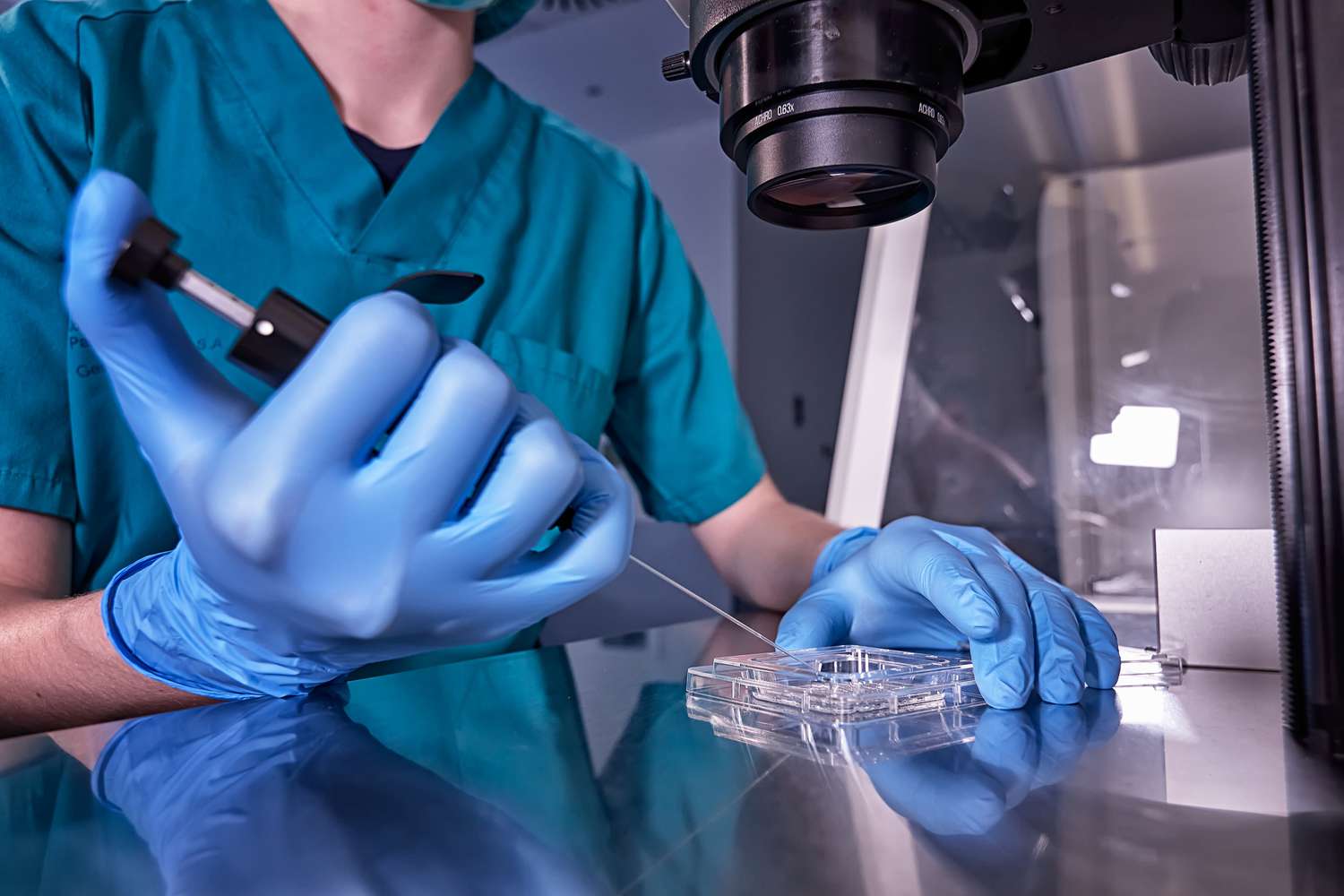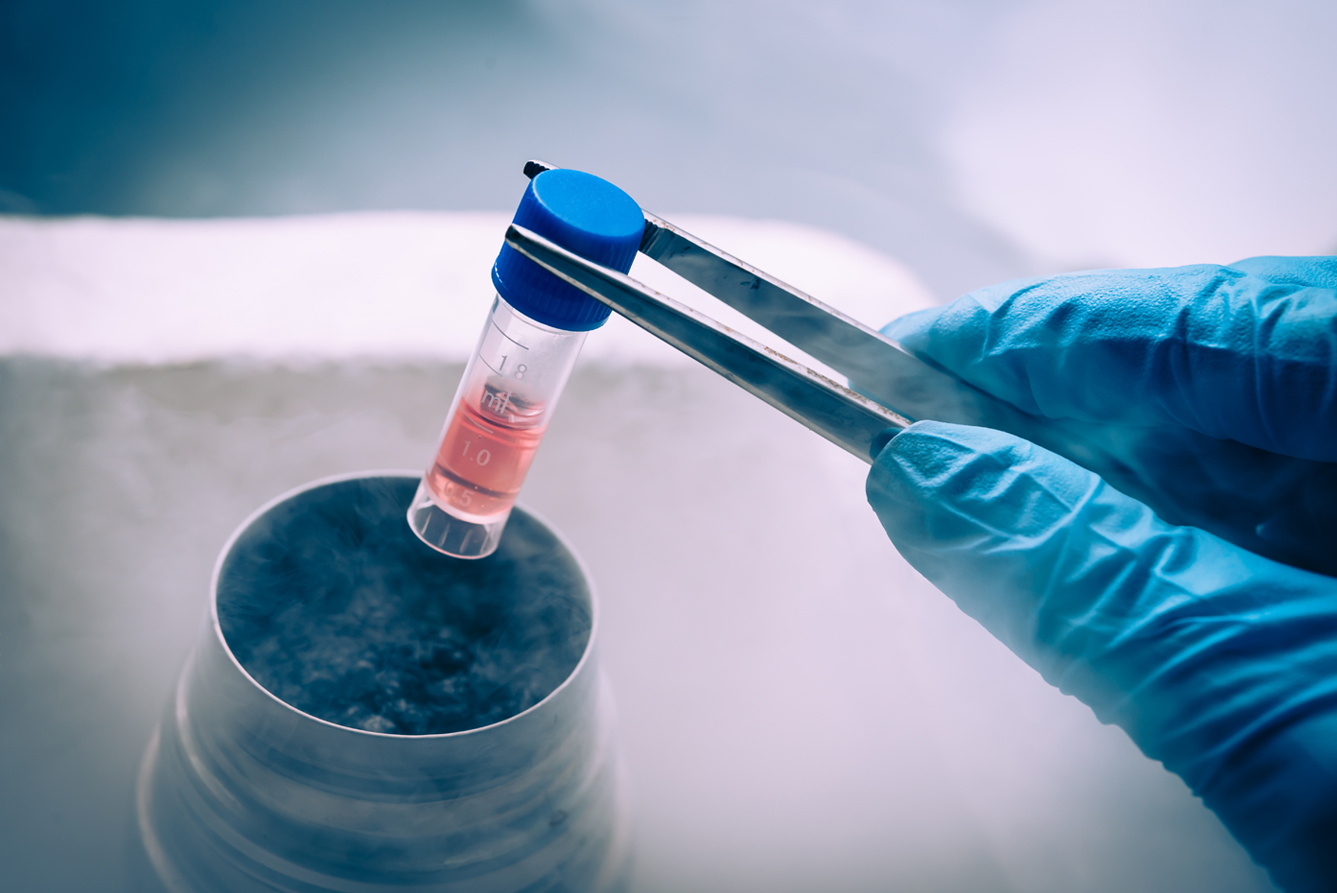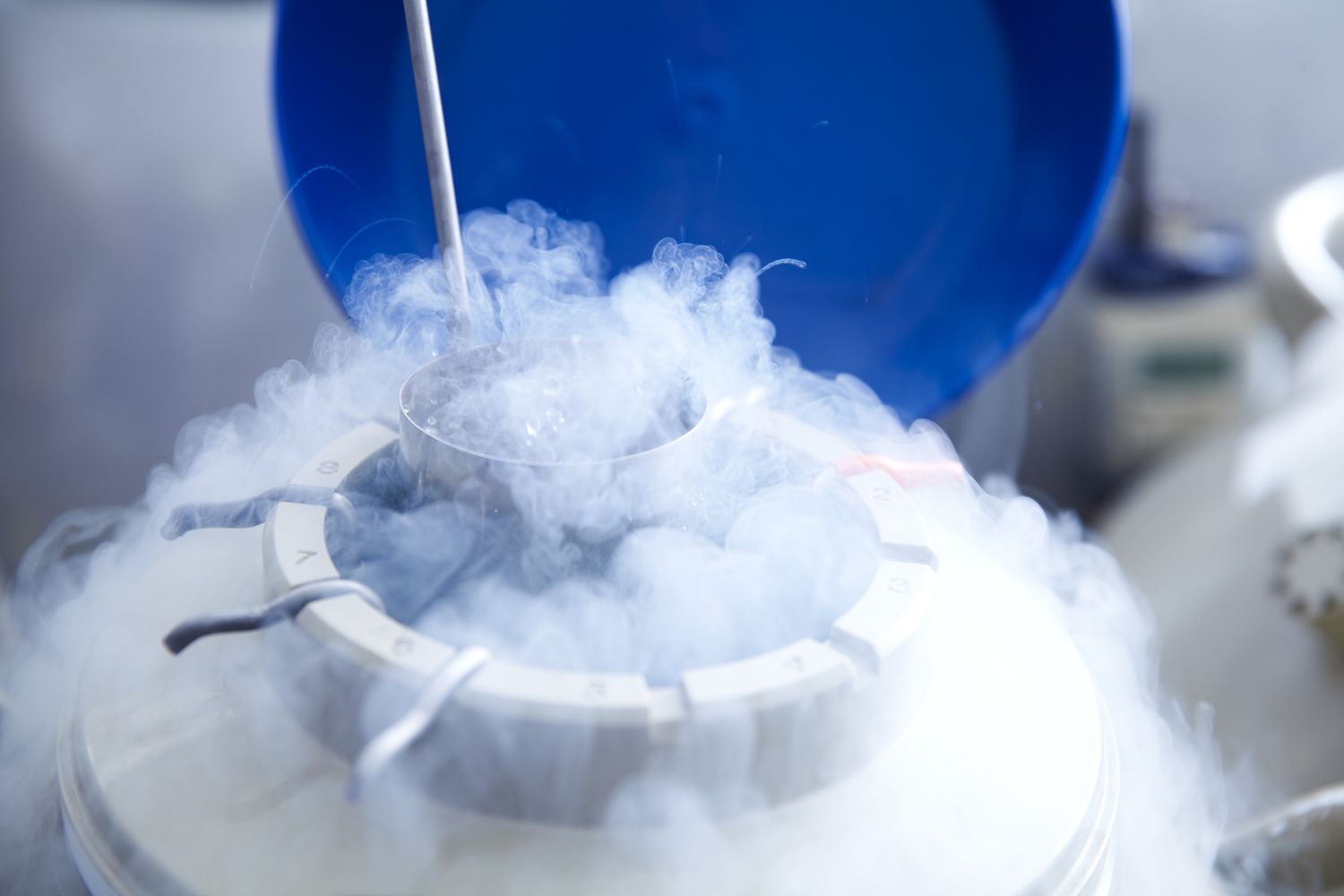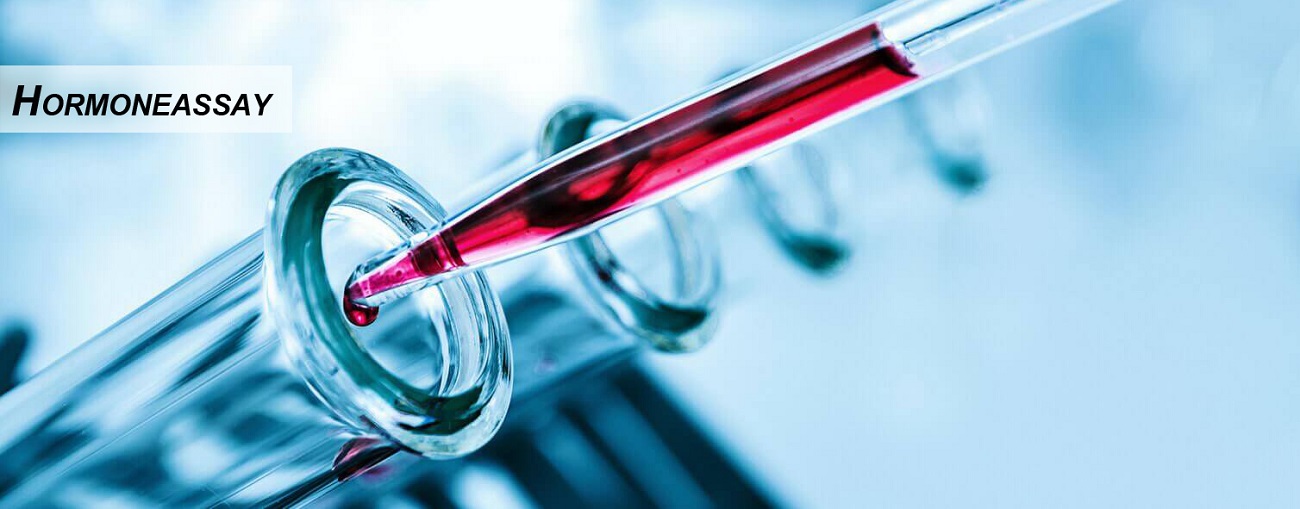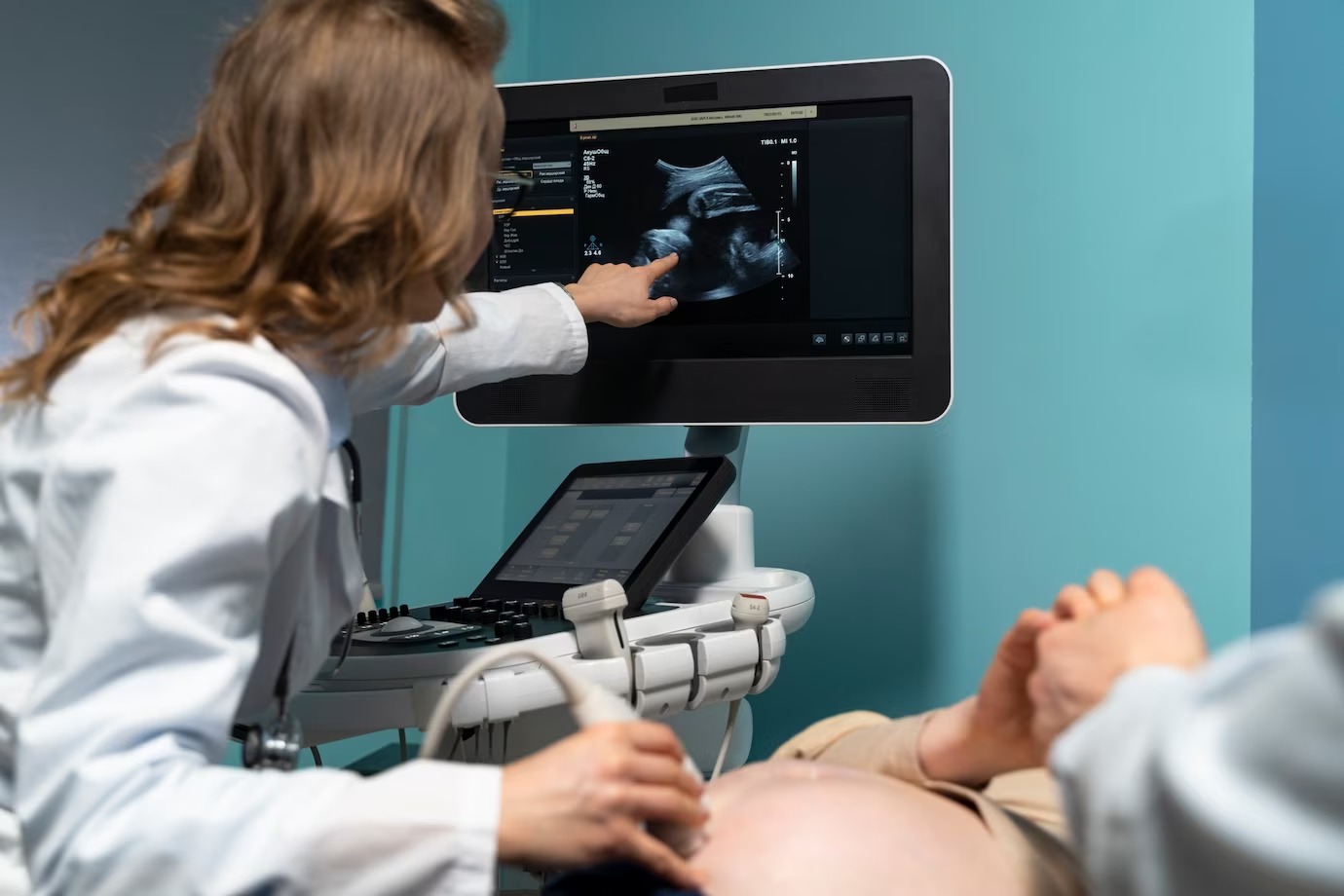Our Services
Asian Surrogacy is one of the leading and successful surrogacy provider. It is affordable surrogacy in india/Mumbai. Our medical services are proven to be best as we have many satisfied clients. Our clients like us for the care we do during their treatment. We pride ourselves on the level of service that we provide our intended parents and the special relationships we maintain with our wonderful surrogate mothers.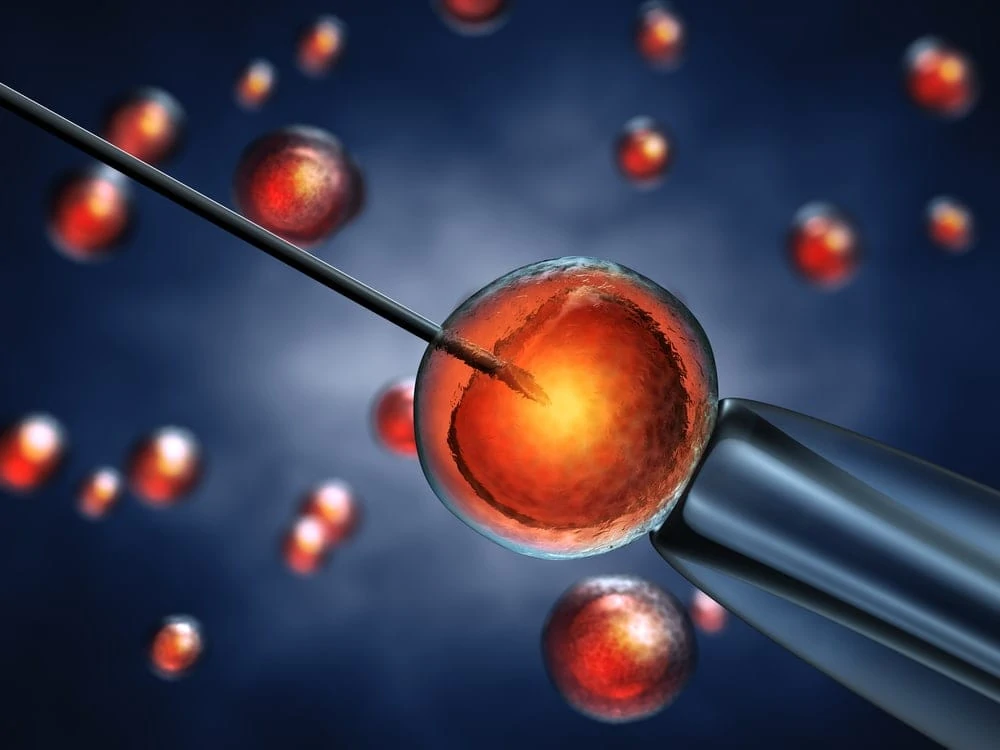
ICSI
Intracytoplasmic Sperm Injection (ICSI) is a specialised form of In Vitro Fertilization (IVF) that is used for the treatment of severe cases of male infertility. ICSI involves the injection of a single sperm directly into a mature egg. ICSI is a very effective method to fertilize eggs in the IVF lab after they have been aspirated from the female. In ICSI all the steps are similar to the procedure of IVF, except the step of fertilization. Normally in IVF one egg is mixed with 100,000 sperms and one of the sperms fertilizes the egg on its own. In contrast, in ICSI each egg is held and injected with a single live sperm. IVF with ICSI involves the use of specialized micromanipulation tools and equipment and inverted microscopes that enable embryologists to select and pick up individual sperm in a specially designed ICSI needle.Thus the procedure consists of:
1) Controlled Ovarian stimulation with drugs (GnRH Analogues and Gonadotrophins) to produce many eggs.2) Monitoring of follicles and egg development with the aid of vaginal sonography and serial Estradiol hormone estimation.
3) Administration of hCG injection, (Human Chorionic Gonadotrophins) when the two leading follicles are 18mm in diameter.
4) Oocyte or egg retrieval under short general anesthesia 35 to 37 hours after HCG injection.
5) Identification and isolation of eggs in the laboratory.
6) Sperm collection and processing in the lab. In case of azoospermia (no sperms in the semen) the sperms are collected directly from the testis with the procedures of PESA/MESA/FTNB/TESE or TESA.
7) Dissection of the eggs in the laboratory with the help of an enzyme called Hyloronetis. Placement of eggs into small droplets of culture media under oil.
8) Placement of sperms into small droplets of PVP under oil. Immobilization of the sperm with a micro-injection needle (Diameter of 7 microns) and aspiration of the immobile sperm into the needle (tail first).
9) Holding the egg with a holding pipette and the injection needle is carefully advanced through the outer shell of the egg and the egg membrane - and the sperm is injected into the inner part (cytoplasm) of the egg. This usually results in normal fertilization in about 75-85% of eggs injected with sperm.
10) Placement of these eggs into the incubator for 2 to 5 days.
11)The eggs are checked the following day for evidence of normal fertilization.
12) Embryo formation 2 to 5 days after fertilization.
13) Embryo transfer of good quality embryos back to the womb, after 2 (four cell embryo), 3 (six-eight cell embryo) or 5(blastocyst stage) days after egg removal.
Indications:
1.Males with severe sperm factors such as low count (less than 5 million), very poor motility or high degree of abnormal sperms.2. Males with azozoospermia, where there is no sperm present in the semen. The azozoospermia may be of the obstructive type where there is production of sperms in the testis but blockage of the conduction system which brings the sperm out into the semen. Alternately, the azoospermia may be of the non-obstructive type, where there is a failure of the testis to produce sperms. Nowadays, in both these types of azoospermia, sperms can be isolated directly from the testis, using the SPERM.
Fertilization and pregnancy success rates with ICSI:
Fertilization rates for ICSI: Most IVF programs see that about 75-85% of eggs injected using ICSI become fertilized. We call this the fertilization rate, which is different from the pregnancy success rate. Pregnancy success rates for in vitro fertilization procedures with ICSI have been shown in some studies to be higher than for IVF without ICSI. This is because in many of the cases needing ICSI the female is relatively young and fertile (good egg quantity and quality) as compared to some of the women having IVF for other reasons.In other words, the average egg quantity and quality tends to be better in ICSI cases (male factor cases) because it is less likely that there is a problem with the eggs - as compared to cases with unexplained infertility. Some unexplained cases have reduced egg quantity and/or quality - which lower the chances for a successful IVF outcome.
IVF with ICSI success rates vary according to the specifics of the individual case, the ICSI technique used, the skill of the individual performing the procedure, the overall quality of the laboratory, the quality of the eggs, and the embryo transfer skills of the infertility specialist physician. Sometimes IVF with ICSI is done for "egg factor" cases - low ovarian reserve situations. This is when there is either a low number, or low "quality"of eggs (or both). In such cases, ICSI fertilization and pregnancy success rates tend to be lower.




